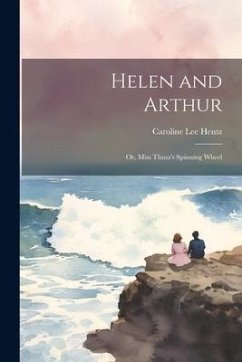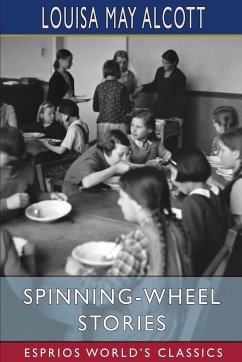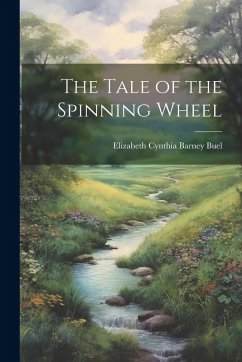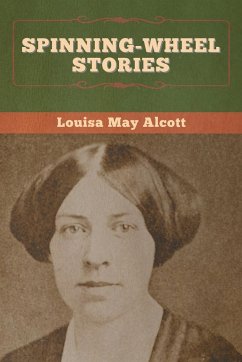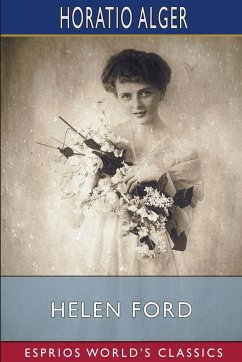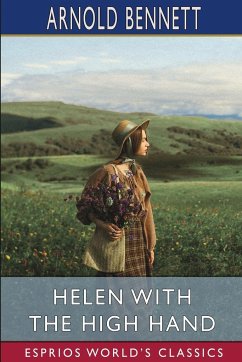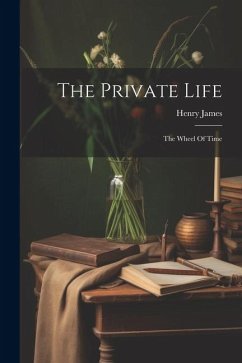Nicht lieferbar
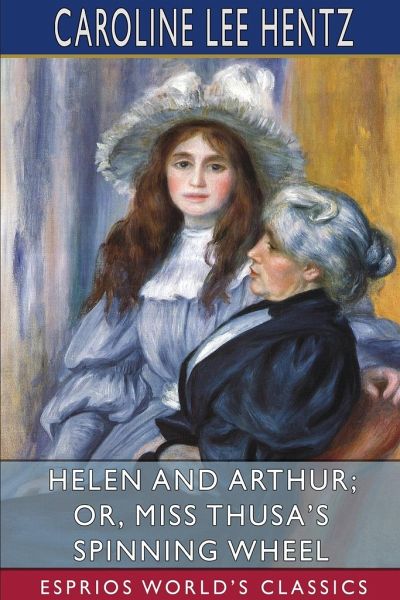
Helen and Arthur; or, Miss Thusa's Spinning Wheel (Esprios Classics)
Versandkostenfrei!
Nicht lieferbar
Caroline Lee Whiting Hentz (June 1, 1800, Lancaster, Massachusetts - February 11, 1856, Marianna, Florida) was an American novelist and author, most noted for her opposition to the abolitionist movement and her widely read The Planter's Northern Bride, a rebuttal to Harriet Beecher Stowe's popular anti-slavery book, Uncle Tom's Cabin. She was a major literary figure in her day, and helped advance women's fiction. Although she was primarily a teacher from the beginning, Hentz still managed to write and produce several small pieces and distribute them to local publications. In 1831, Hentz wrote ...
Caroline Lee Whiting Hentz (June 1, 1800, Lancaster, Massachusetts - February 11, 1856, Marianna, Florida) was an American novelist and author, most noted for her opposition to the abolitionist movement and her widely read The Planter's Northern Bride, a rebuttal to Harriet Beecher Stowe's popular anti-slavery book, Uncle Tom's Cabin. She was a major literary figure in her day, and helped advance women's fiction. Although she was primarily a teacher from the beginning, Hentz still managed to write and produce several small pieces and distribute them to local publications. In 1831, Hentz wrote De Lara; or, The Moorish Bride for Boston actor William Pelby. The tragedy won Hentz recognition in 1842 when it was performed at the Arch Street Theatre in Philadelphia and the Tremont in Boston.





